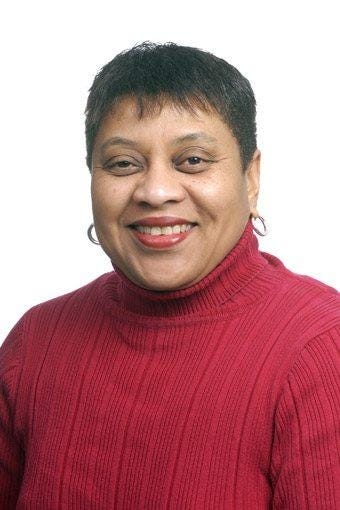
Stark County (Ohio) Common Pleas Court Judge Frank Forchione can be counted on to do something interesting from the bench.
Recently, Forchione despaired over how many defendants, particularly young men, who come into court have no knowledge of events such as D-Day and American history in general.
In this latest instance, Forchione noted to three defendants that Americans who fought and died on D-Day were the same ages as they. As part of their sentences, he ordered the defendants — two who stole from a store, and one who was drunk while carrying a gun — to read a book, “D-Day: June 6, 1944: The Climactic Battle of World War II,” and to submit written reports.
In 2015, he ordered the same of a man who stole from a local VFW.
There was a time when judges could offer such defendants a choice of jail or the military. But today’s military is too sophisticated and specialized and has no time to save people from themselves.
No one should be surprised that Americans have so little knowledge about our own history, except for those things we like to fight about.
Our knowledge gap is as quintessentially American as a cowboy movie. Last July 4, when NPR tweeted out The Declaration of Independence, a number of people didn’t recognize it and practically stormed the gates, furiously accusing the outlet of being seditious and un-American.
Marker and mirror
Last week, even the president embarrassed himself by suggesting to Prime Minister Justin Trudeau that Canada burned the White House during the War of 1812.
It was the British. If you don’t believe it, just ask them.
What Canada did do however, is fight and die at our side on D-Day, and smuggle Americans out of Iran during the Islamic Revolution of 1978.
If we expect our presidents to know a little more about history than the average citizen, it’s because as president you’re a literal, living, breathing, chapter of American history.
But history isn’t just a marker, it’s also a mirror. It shows us the truth of who we are, not as we might wish to see ourselves, and no amount of spin or distortion can change it.
That alone is worth our knowing it.
But you can’t preserve, protect and defend what you don’t know. To ignore or not care about the history of the country in which you live endangers it.
A seamless cloth
A 2014 report published by the National Assessment of Educational Progress found that only 18 percent of American high school students were proficient in history.
A previous study found that less than 20 percent of adults could identify the Emancipation Proclamation in a multiple-choice question. In another, half of the respondents placed the Civil War and the War of 1812 ahead of the American Revolution on a timeline.
It isn’t possible for us to master all of history, however. If truth be told, a lot of us couldn’t pass a U.S. naturalization test.
We are where we are because of the heroism exhibited on D-Day and other crucial events like it. Because “past is prologue,” our story is a seamless cloth, not a patchwork of luck and happenstance.
As the historian David McCullough puts it:
“We are all part of a larger stream of events, past, present and future. We are the beneficiaries of those who went before us, who built the cathedrals, who braved the unknown, who gave us their time and service and who kept faith in the possibilities of the mind and the human spirit.”
We benefit — and sometimes suffer — because of actions and decisions of the past, which is the essence of history and the message Forchione is trying to get across.
It remains to be seen if he succeeds.
— Reach Charita at 330-580-8313 or charita.goshay@cantonrep.com
This article originally appeared on Santa Rosa Press Gazette: History a marker, and a mirror
